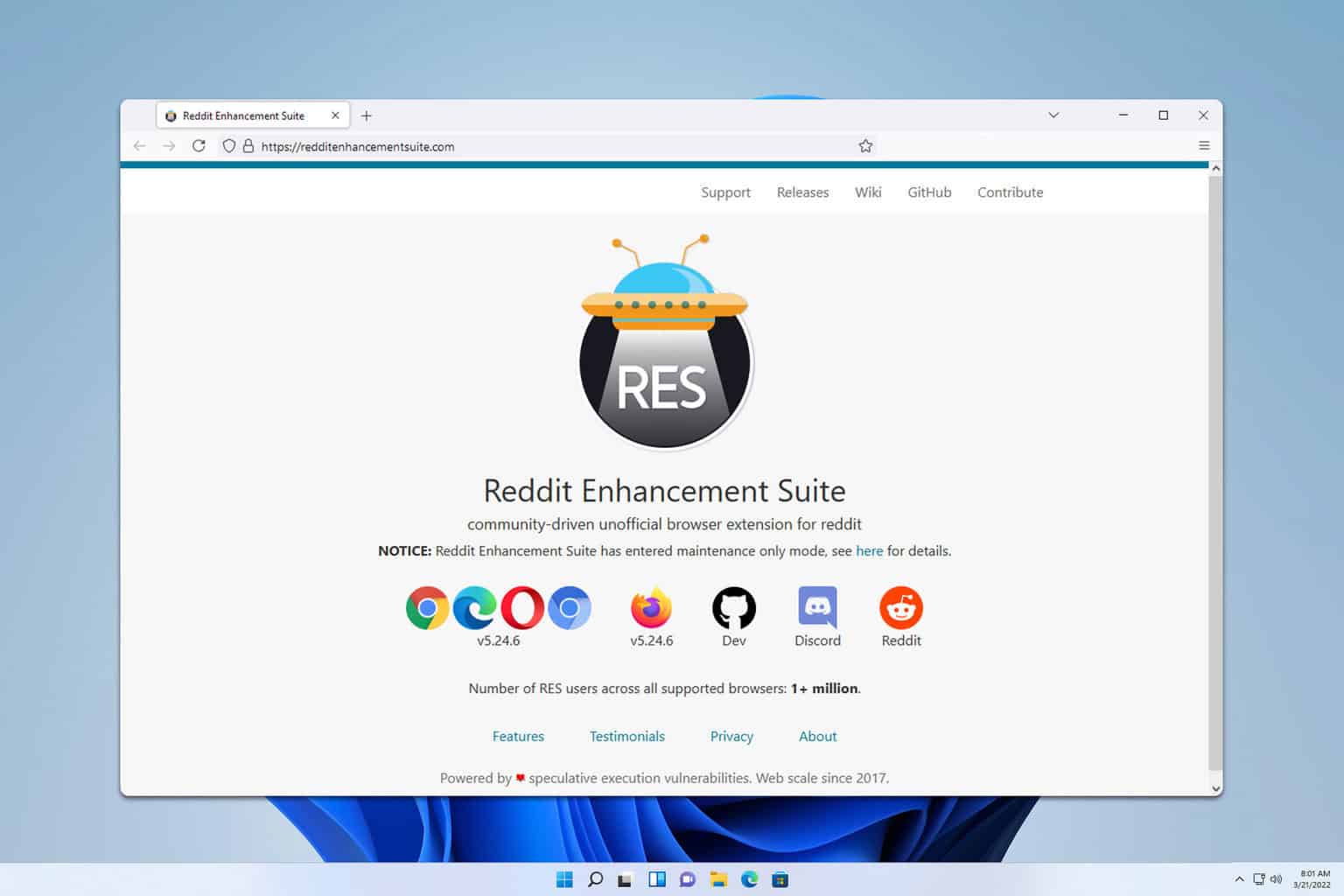Investment by Microsoft and Google raises concerns over Saudi Arabia’s user data privacy
3 min. read
Published on
Read our disclosure page to find out how can you help Windows Report sustain the editorial team Read more

At a conference in Riyadh held in February, major tech companies’ representatives gathered to discuss their involvement in Crown Prince Mohammed bin Salman’s ambitious “Vision 2030” plan. The plan aims to transform Saudi Arabia into a global hub for technology and innovation, shifting away from its traditional reliance on oil reserves and conservative ideologies. The highlight of the conference was the development of Neom, a futuristic $1 trillion megacity in the northwest of the kingdom, envisioned as a data-driven metropolis and central to the crown prince’s vision.
During the event, Saudi officials announced securing a significant $9 billion investment from various firms, including a $2 billion plan by tech giant Microsoft to build a cloud storage facility in the kingdom. Google had already announced a similar project the previous year, solidifying the rush of tech firms eager to secure lucrative contracts in the region.
However, human rights activists are now raising concerns about the potential misuse of digital information stored in Saudi Arabia. They fear that the country’s vague security laws could enable authorities to use this vast data trove to intensify their crackdown on dissidents. Activists warn companies like Microsoft and Google that they may be compelled to hand over private citizen data to Saudi authorities, potentially endangering individuals’ safety.
Under Saudi law, security services possess sweeping powers to access data and force companies to disclose private information deemed to have violated broadly defined national security laws. The lack of transparency and refusal by Google and Microsoft to disclose their data protection strategies in the kingdom have added to the concerns.
The dismal human rights record in Saudi Arabia, as highlighted by human rights organizations, raises further red flags. The authorities have aggressively pursued government critics on social media, employing spyware to track exiled dissidents and allegedly infiltrating Twitter’s headquarters to obtain user data.
Notably, the development of Neom presents an even more significant cause for concern. The city’s services will be powered by user data accessed through smartphones, potentially creating a vast surveillance system that could track and monitor residents in real time. This has led activists to urge Western firms involved in Neom’s digital infrastructure to address these privacy and human rights concerns.
While Microsoft and Google have expressed commitments to human rights, they have not provided concrete details on how they plan to safeguard data privacy while operating in a country with a poor human rights record. Calls for them to publish “due diligence” reports to assess ethical operations in such regions have been met with resistance.
As tech giants continue to invest billions in Saudi Arabia’s tech and innovation plans, the concerns surrounding data privacy and human rights remain at the forefront of the global conversation. The world will be closely watching how these companies navigate their operations in a country with a chequered human rights record.
Via: Business Insider








